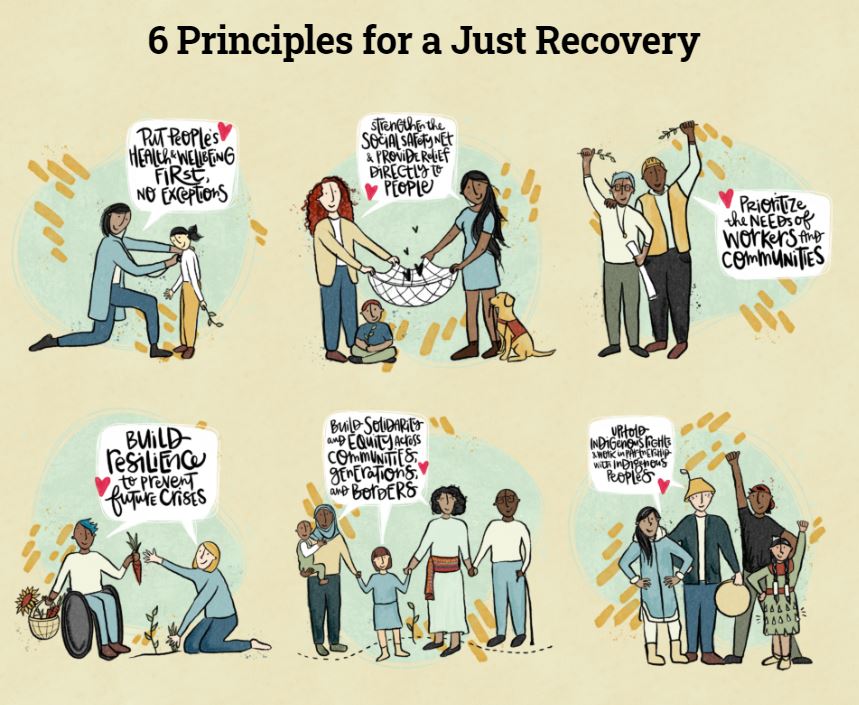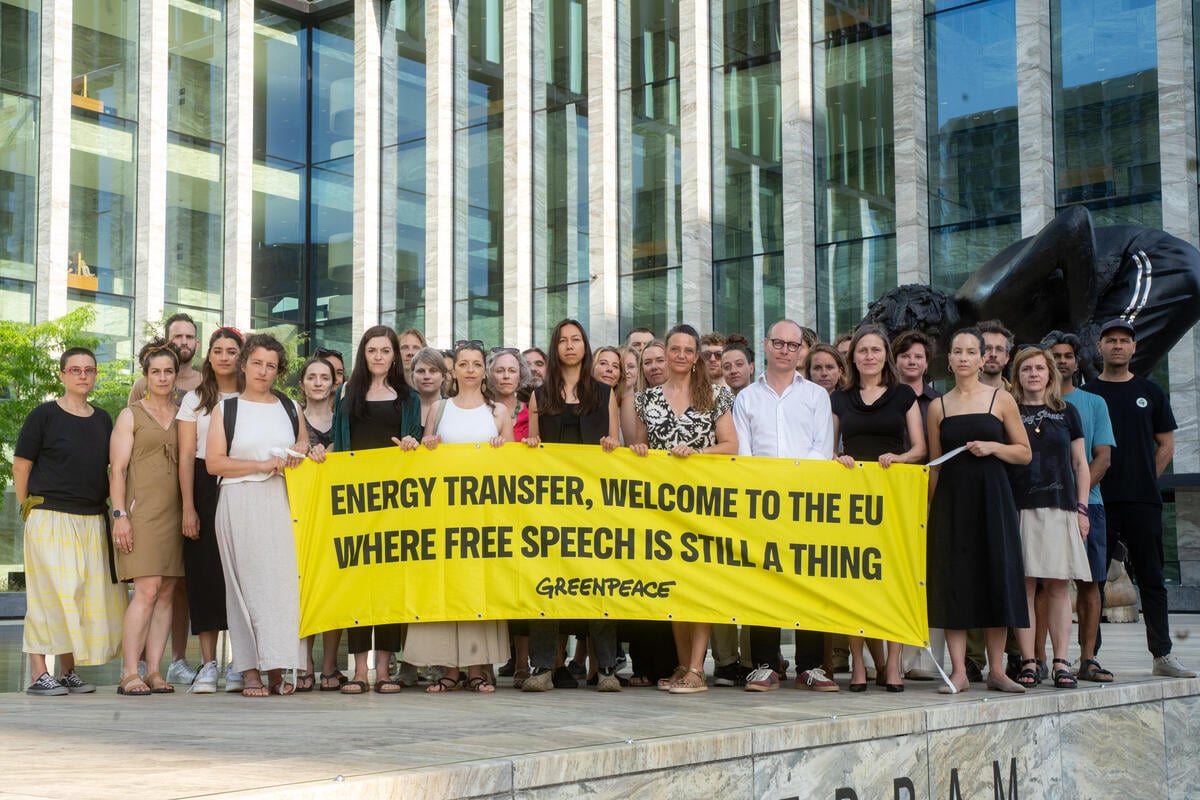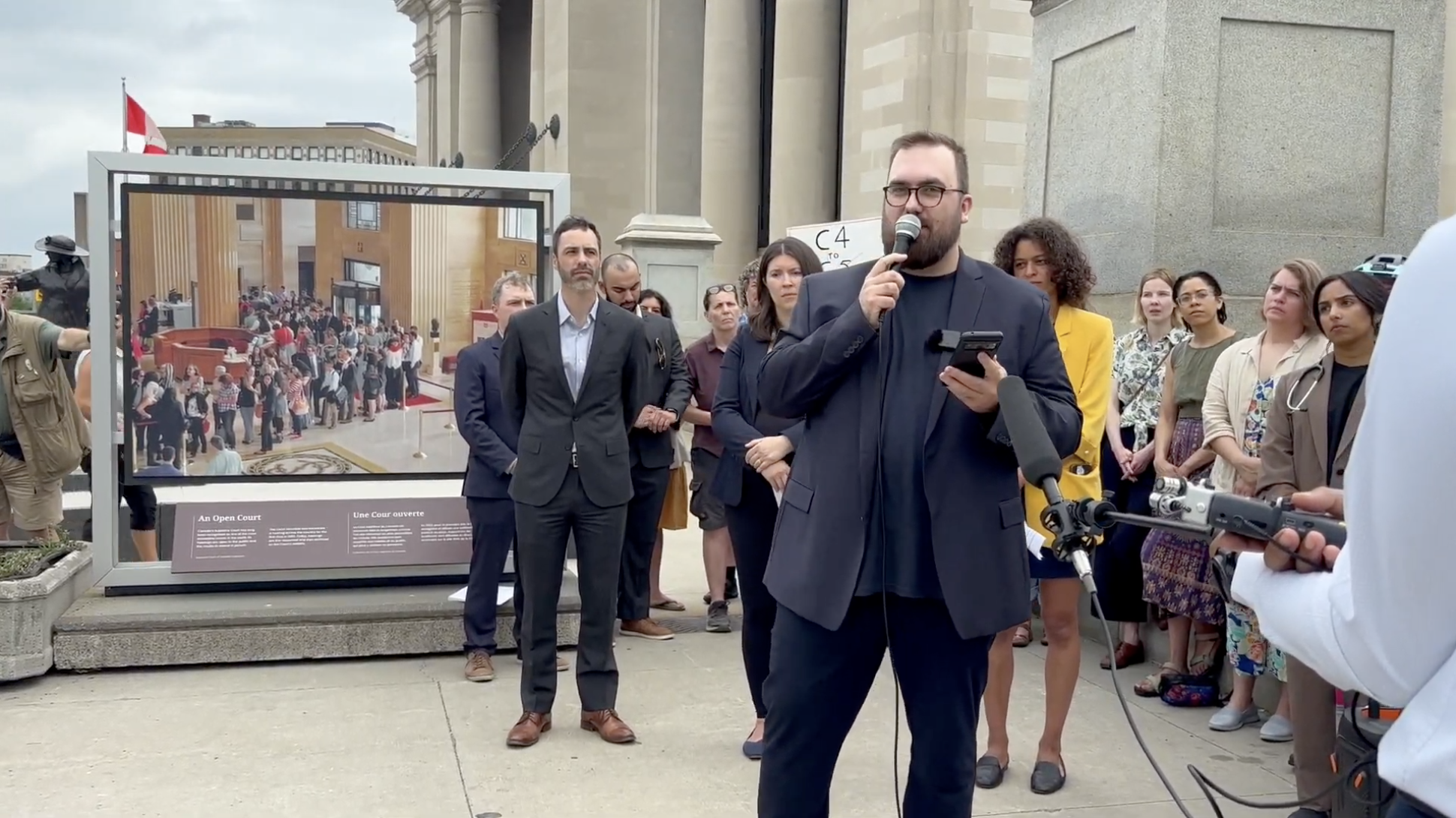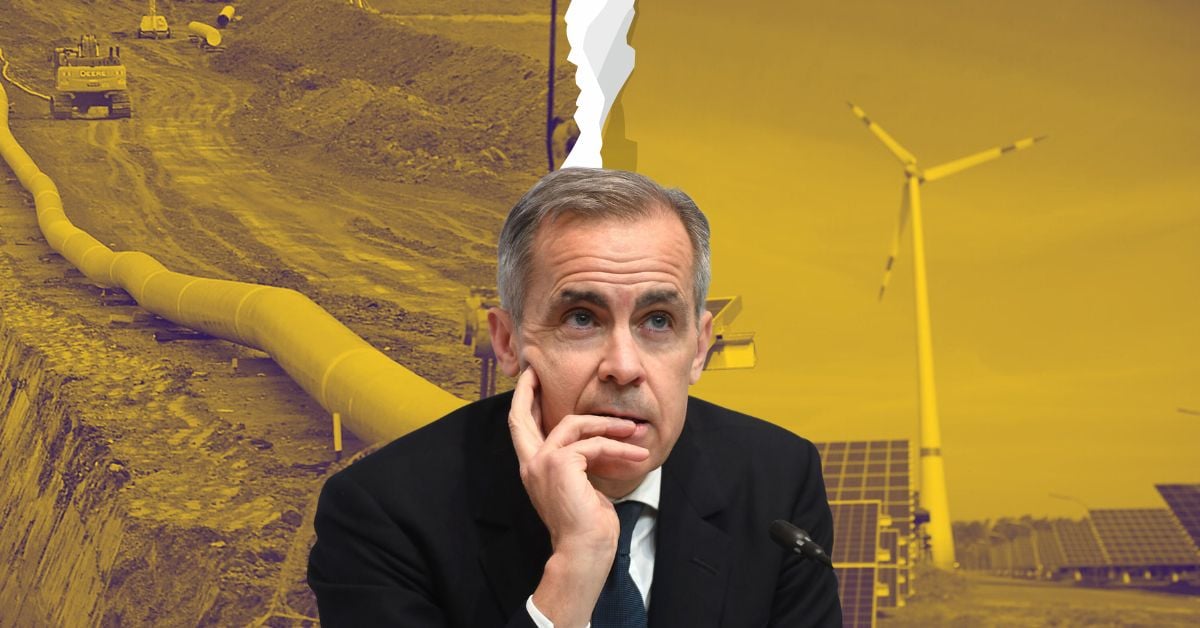Market evangelists aren’t going down without a fight. In today’s Globe and Mail (“Engineering a ‘green recovery’ is a terrible idea”), the former chair of the Ecofiscal Commission Chris Ragan and his colleague Andrew Potter warn against “government trying to pick winners in the marketplace” by centring climate change in their response to the COVID-19 pandemic.
They argue that governments shouldn’t use the pandemic-imposed suspension of politics-as-usual to do things to reduce emissions that are popular, durable and have proven most effective at reducing emissions, because that would violate the principle that markets know best. Though in a world where U.S. billionaires increased their wealth by $434 billion during the pandemic, it might be worth asking ‘best for whom’?
Instead, Ragan and Potter advocate for the pure market solution (a higher carbon tax). They don’t, however, discuss how this approach is the least politically popular, easiest to reverse and has done less to reduce emissions than measures like stronger vehicle fuel efficiency rules, better building codes or public investments in coal phase-outs).
Not all economic researchers agree that a carbon tax should be our only response.
Economics Ph.D. student Torsten Jaccard quickly picked some holes in the internal logic of hiking the carbon tax on twitter.
Brendan Haley, Policy Director at Efficiency Canada, wearily offered up a previous twitter thread critiquing market fundamentalism, along with a link to a Vox story that summarizes his arguments on why we need more than a carbon tax.
And as always, watch Armine Yalnizyan’s timeline for smart thoughts on all things economic (hint: I would love it if Armine, an Atkinson Fellow On The Future Of Workers, wrote on this).
To be fair, there are some apples-and-oranges comparisons in both the Ragan/Potter op-ed and these critiques. They are contrasting a carbon tax with stimulus spending, when all of the serious proposals I have seen involve a much broader green recovery package designed to reshape the economy that includes a mix of new regulations and taxes alongside infrastructure spending.
So in the spirit of constructive engagement, what would that look like? Greenpeace Canada joined hundreds of environmental, labour and social justice organizations to support 6 Principles for a Just Recovery and we have presented some ideas on how those principles could be turned into policy (including a higher price on pollution) to the federal government.

My European colleagues, however, have boiled it down to three tests that measure whether economic recovery plans will help fight climate change or whether they entrench the current fossil-fuel and waste-intensive economic system.
There is much more detail on their website, but please tell us in the comments section how you think we should adapt it for Canada.
Test One: Is it future-proof?
- No bailouts for gas, oil and coal industries
- No bailouts for airlines, carmakers, or other polluters, without strict environmental and social conditions
- Align all measures with a 65% cut in EU emissions by 2030
- End all subsidies to fossil fuels
- Shift public funding away from polluting activities (e.g. factory farming) to solutions that give work to more people (e.g. decentralised renewable energy), reduce Europe’s global climate and environmental footprint, and help nature to recover
- Tackle overconsumption, waste and pollution, and reduce pesticides, meat, dairy and single use products
Test 2: Does it provide for everyone?
- Protect livelihoods and decent jobs, and support reskilling of workers from unsustainable to sustainable sectors of the economy
- Invest in quality jobs in future-proof sectors (e.g. renewables; home renovation; public transport and cycling infrastructure; train networks; ecological farming; nature restoration; repair, reuse and sustainable product design; public healthcare; education; arts)
- Instead of burdening future generations with mountains of debt, governments must, for example, end tax avoidance, and ensure the wealthiest contribute the biggest share of recovery funding
- Strengthen essential public services, invest in urban green spaces and natural infrastructure
- Support the most vulnerable people in society and tackle income inequality
- Ensure digitalisation policies have a positive impact on employment, and protect rights and freedoms
Test 3: Does it safeguard fundamental rights?
- Make funding conditional on respect for democracy, fundamental rights and the rule of law, and sanction any infringements
- Discourage the use of tracing apps




Discussion
Let's do it!